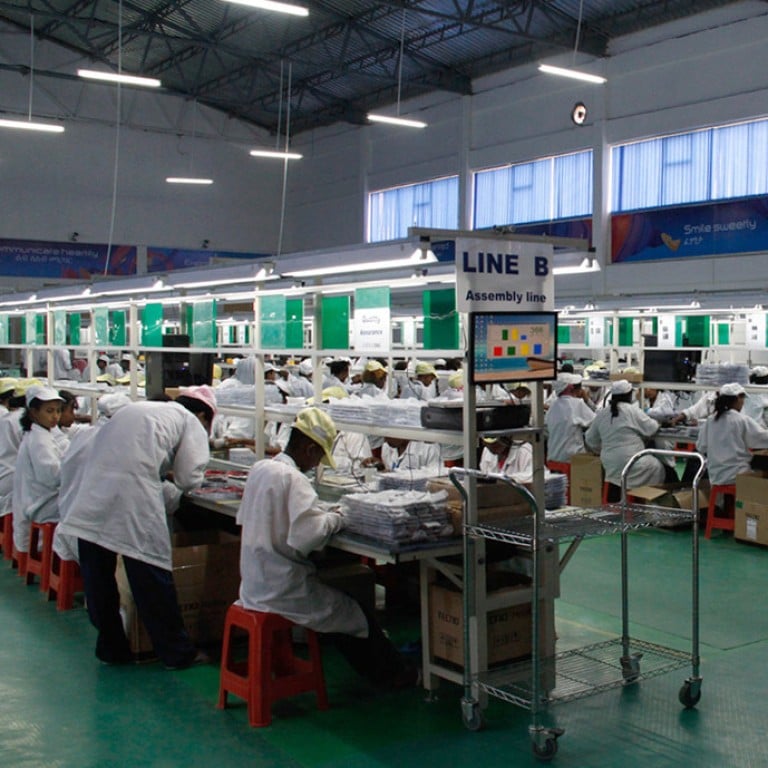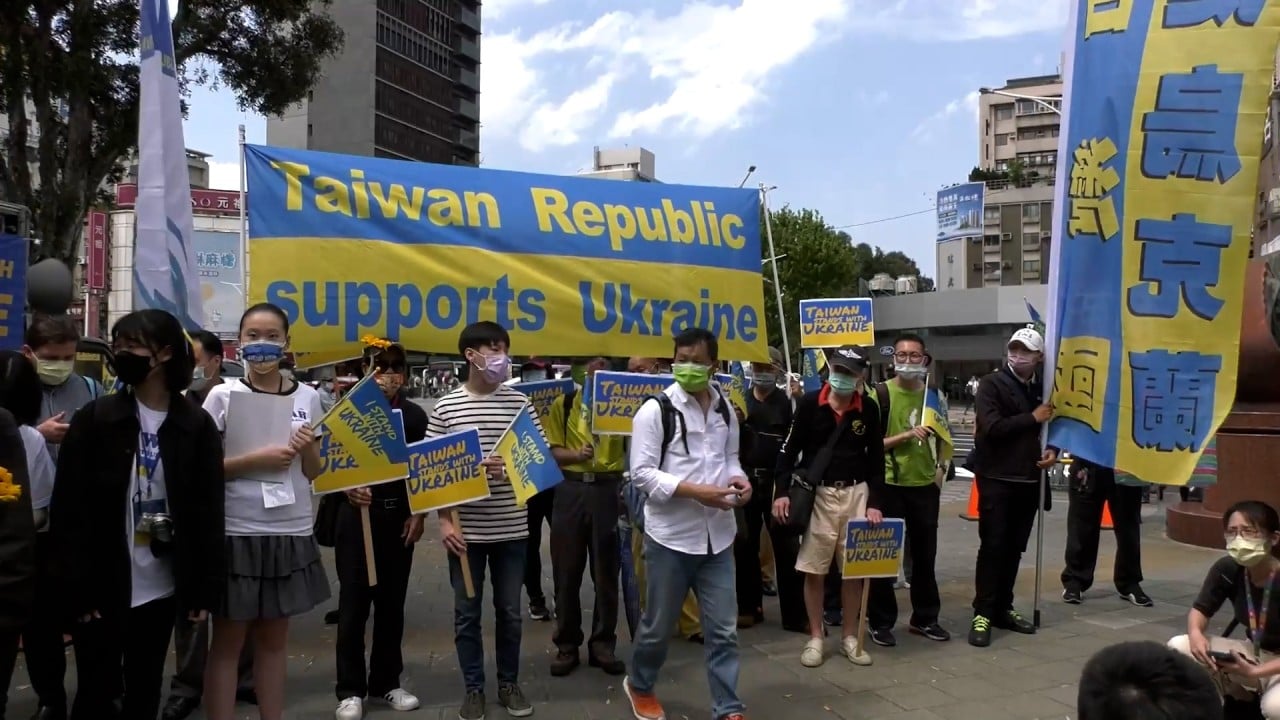
Ukraine invasion: China smartphone maker says it is using yuan payments to keep its Russian operations afloat
- Transsion Holdings said in a message to investors that they have started settling transactions in Chinese yuan to sustain Russia operations
- Move illustrates one path open to Chinese businesses that want to keep businesses going in Russia amid imposition of sanctions by the west
A Shenzhen-based smartphone maker said it is relying on yuan payments to maintain its operations in Russia, becoming the first Chinese tech firm to reveal how it is maintaining business continuity there after Western countries imposed harsh financial sanctions on Moscow following its invasion of Ukraine.
Transsion Holdings, a budget smartphone maker, said in a message to investors that they have started settling transactions in Chinese yuan to manage potential risks when asked about the impact of sanctions on Russia. It did not elaborate.
The company said that the Russian market only makes up a small share of its overall revenue and that Moscow’s military operation in Ukraine would not significantly affect its operations.
However, confirmation that the company is using yuan payments illustrates one path that Chinese businesses can take to remain active in Russia following the imposition of severe sanctions by many nations, including being excluded from the Swift bank messaging system.
Although international brands from Apple to Samsung Electronics have made high-profile announcements to quit Russia, Chinese companies in general have remained quiet about their business plans in the market of 144 million people.
Chinese businesses with a relatively large presence in Russia, including Chinese smartphone maker Xiaomi and telecoms equipment maker Huawei Technologies Co., have not made any public statements about their operations in that country.
The Chinese government has called for the crisis to be resolved through diplomatic means, while denouncing the sanctions imposed on Russia. It has allowed state banks to take measures to manage their own risks.
Shell, Transsion among 10 picked by China for cross-border currency plan
Chinese brands account for about three-fifths of Russia’s smartphone market by units sold, according to data from industry research firm Canalys. Xiaomi was the top seller in Russia in the second quarter of 2021, with its brands holding more than one-third of the total market, according to International Data Corp.
However, it remains to be seen whether Chinese businesses can sustain operations in Russia through yuan payment and other workarounds, as the US is continuing to pressure Chinese firms to choke off support for Russia.
“For most Chinese companies, Russia is just too small of a market for the business to be worth the risk of getting cut off from developed markets or being sanctioned itself,” said Dan Wang, an analyst at Gavekal Dragonomics, in a recent research note. “Chinese companies have much more to lose than to gain by violating sanctions.”


